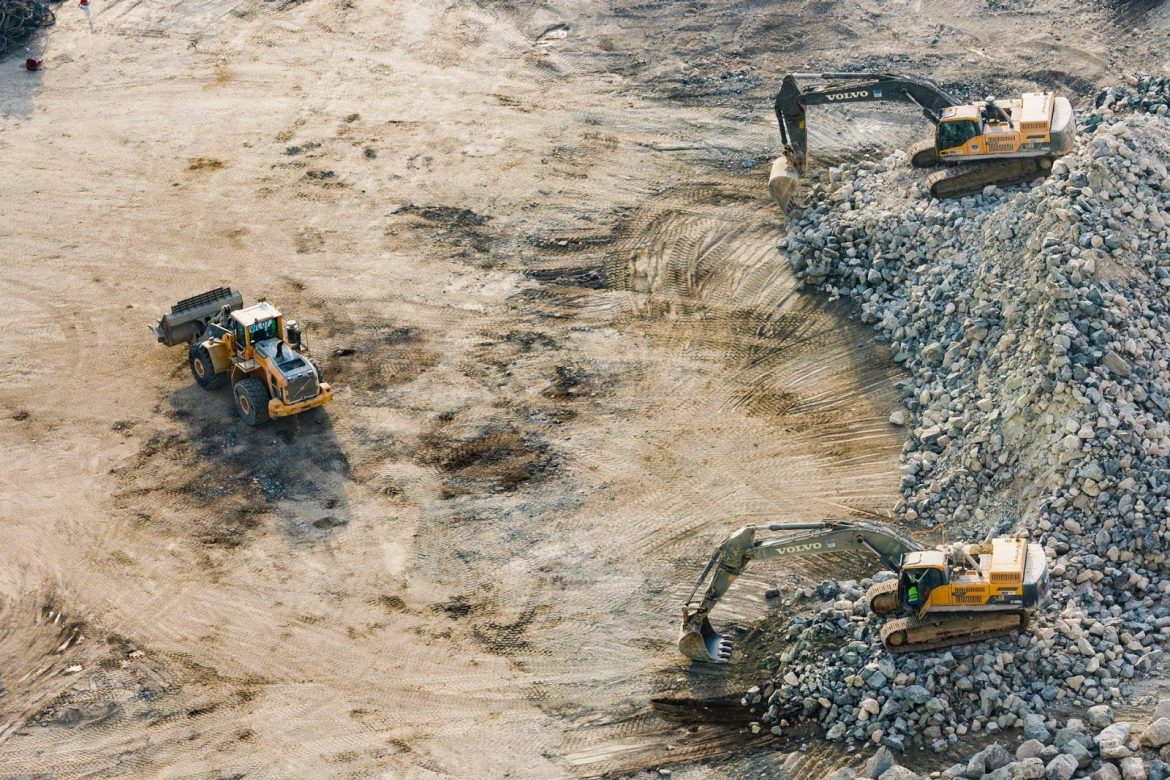Purchasing vacant land is often a concept that people don’t consider when contemplating an investment in real estate. The ultimate benefit of being the owner of raw land is lost on them, which is truly unfortunate. The overall stability investors enjoy with the ideal property bought for a competitive price will trump other varieties of real estate due to the plethora of problems that can potentially attach to those.
Tips for Buying Development Land
Real estate professionals, see jagcheema.net, can attest that vacant land can be one of the best options for which you place your money. Before making a purchase, there are things you should take into consideration in an effort to avoid mistakes. Each piece of property will come with its own set of stipulations, regulations, and circumstances that need due diligence in investigating. One of these could be enough to kill the deal. It’s essential to be on top of the game.
- The primary element in purchasing property is knowing what the land zoning is, so you know how you can use it. The way to resolve it is to merely make a call to the planning and zoning office in the local area who can provide the information without hesitation. Once you find out if it is commercial, residential, a mix, agricultural, or perhaps industrial, inquire as to recommendations of what property types would be permitted under these specific classes. At the end of this call, you’ll immediately know if this is the right piece of land for you.
- The parcel should be buildable because that is the ultimate purpose. In saying that, it’s critical to learn the availability of public utilities inclusive of electric, water, gas, sewer, and phone. If at least one of these staples if not many, is necessary for reasonable living conditions, no functional structure has potential for development. There would not be a lot of use if you can’t build and not much value.
- Not only is it important to know what the property zoning is, but it’s critical to understand if there are any usage restrictions on the vacant parcel for which most will have. This is how they can keep the chicken farms away from the 50-story corporate buildings or the elaborate upscale boutiques in another location from the local landfill. Municipalities throughout the country plan the various sections of land within their region meaning each piece will come with limitations as to how it can be used. Understanding what those restrictions are is crucial before you buy to save from potential rules you aren’t happy with or not being able to do what you intended. Click to receive strategies along with risks when you buy.
- Nearly everyone has an interest in having a piece of land near the water, and it is likely to be very valuable. The potential for a lot of problems being in that proximity is pretty great. There are areas within the country with vacant parcels because they literally sit underwater. Other properties situated close to water tend to flood. Researching the possible risk for this hazard before a purchase is vital as insuring a home in the flood zone is extremely expensive and challenging.
- In rare instances, a piece of land can be labeled as basically useless to a degree when road access is not available. It deems ‘landlocked’ for which the claim as there are a number of these across Canada. These have private property surrounding them on each side with no one being able to access the ground legally. You can resolve this problem via collaboration with a willing neighbor allowing the establishment of a recorded, legal easement from their territory to yours. Typically, this is something that comes with a price.
- Water access through the area’s municipality should be a concern. If you don’t have that, you’ll need to know if it is possible to drill a well or perhaps truck water into the parcel. Not having city water is not a problem if you can drill for a well for clean water access from below the surface. A good indication if this will be a possibility is if there are other structures in the neighboring vicinity. For ground out in the middle of nowhere with nothing in the area, you’ll need an expert to inspect and advise as to how you can expect to access a water supply.
- If you’re not the initial owner, it’s a good idea to find out how the parcel was utilized previously before you begin to develop the land. If you inherit a commercial property that may have the potential for having environmental contaminants, that is something you want to eradicate right away as there are environmental laws carried in certain places. The suggestion in this instance is to order what is known as an environmental report ‘Phase I.’ Possible contamination is going to affect a lender’s collateral, so most will require this report on a commercial parcel previously owned. It identifies environmental concerns of which you should be aware.

In not taking care of the proper due diligence, any environmental issues will ultimately deem your responsibility, causing you to make corrections before there can be a resale.
When buying a vacant parcel, always ensure that you do reasonable research. You do not want to invest in a piece of land until you thoroughly understand the property and why it is, in fact, available to begin with. When you do not take the time to do your homework and take every consideration, your purchase may turn into a painful lesson.
Ideally, you want to pay attention to the surrounding area. This helps to know what and who is neighboring the grounds or determine if it is desirable either for you or for anyone else. And, you should find out if there are any issues with any of those properties. It’s not necessary to have fear when purchasing a vacant piece of land, only that you be informed.

